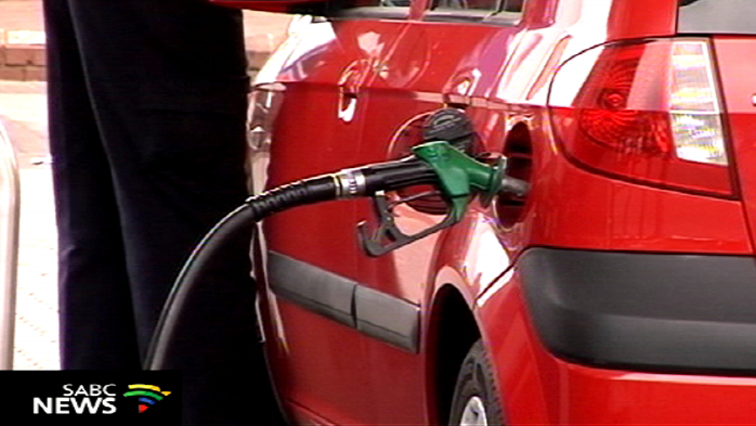An unexpected new Value Added Tax (VAT) announced at the weekend illustrates Kenya’s economic woes and the dilemma government faces between cutting debt and keeping people happy.
The tax increment on petroleum products sent pump prices soaring by 12% and has been met with protests from the public and Kenyan transport associations.
Many Kenyans are unhappy after the country’s revenue authority imposed a 16 % VAT on all petroleum products at the weekend. This defies lawmakers who voted to delay the levy for two years due to concerns about the cost of living.
Street hawkers and taxi drivers say their businesses will suffer.
“We travel every day so we were used to paying much lower fares. I used to pay 30 US cents from Kawangware to the city. Now I’m paying 50 shillings so it will affect my businesses, when I go to buy to stock,” says a Hawker, Fred Omwanja.
“You know we used to ferry passengers to town for 500 shillings, but now we will need to increase the cost by about 100 shillings. The customers are feeling the pinch; it has become a problem for them,” says a taxi driver, Muriithi Kisara
Kenya’s Revenue Authority says it advised importers, depots, distributors and retailers, including roadside fuel stations, to charge, account and submit returns on a monthly basis.
The planned tax hikes are designed to fund a range of government development goals, including universal healthcare and affordable housing.
Economic analysts say the country’s fiscal deficit is likely to be higher than projected after parliament rejected most of the tax measures proposed by the government for the 2018 budget.
“I think the urgency from government’s side to get money to stabilise their coffers is probably what is informing the decision to tax fuel, and you know when you tax fuel it means transportation costs goes up. When transportation costs go up it means cost of goods go up, and it means for factories cost of energy goes up. So basically everything the price starts going up and it starts choking the possibility for producers to produce, for logistics companies to move products and even for the farmers to be able to produce the food, because even tractors also use diesel, and so basically energy touches all spheres of life,” says economic analyst James Shikwati.
The East African government has been criticised in recent years, including by the International Monetary Fund, for ramping up borrowing for infrastructure investments, including a new railway completed last year.
WATCH BELOW:






